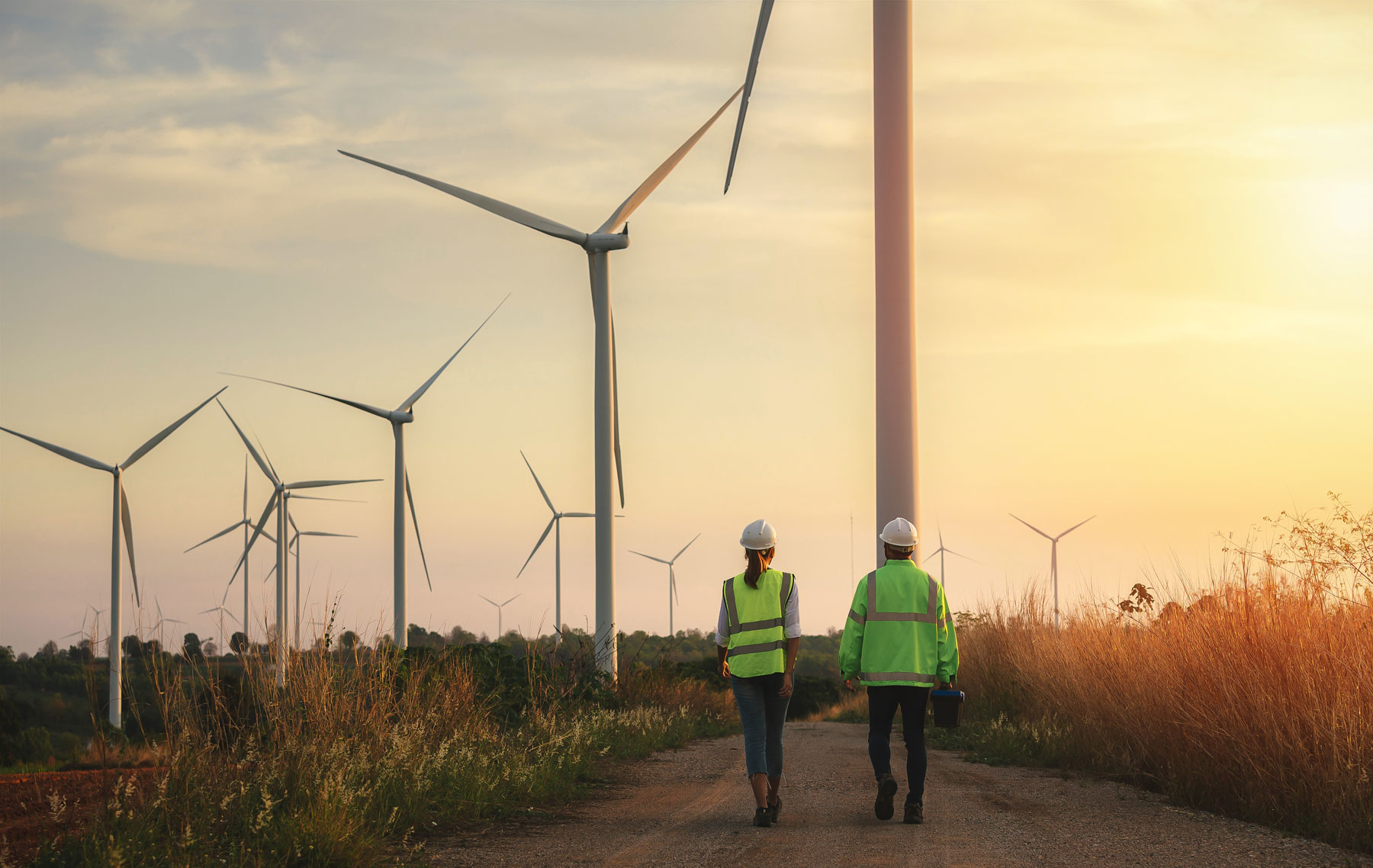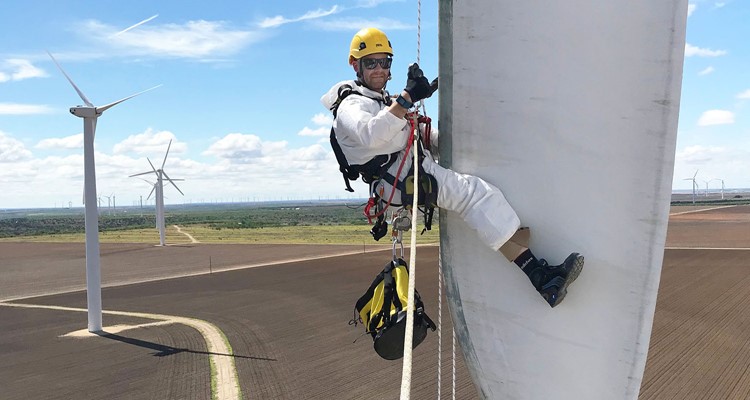Offshore wind farms play a pivotal role in meeting the world’s growing demand for clean and sustainable energy. These sprawling installations, located in the open sea, require a skilled workforce trained to operate in challenging and dynamic environments. Offshore training Liverpool wind farm programs have emerged as essential tools for imparting the necessary knowledge and skills to professionals entering this industry. In this article, we explore the best practices involved in off shore training courses uk on wind farms, ensuring the safe and efficient operation of these renewable energy powerhouses.
Simulated Training Environments
Given the unique challenges of offshore wind farms, training programs often employ simulated environments to prepare individuals for real-life scenarios. These simulated exercises provide trainees with a safe and controlled setting to practice their skills and familiarize themselves with the equipment and procedures. Simulations can replicate emergency situations, equipment malfunctions, and adverse weather conditions, allowing trainees to develop the necessary reflexes and decision-making abilities. By replicating offshore conditions, simulated training environments enhance the effectiveness of offshore wind farm training programs.
Practical Hands-On Training:
Offshore wind farm training places a strong emphasis on practical, hands-on experience to bridge the gap between theory and application. Trainees can work directly with wind turbines and related equipment, gaining first-hand experience in maintenance, troubleshooting, and repair tasks. Hands-on training enhances trainees’ understanding of the complexities of wind turbine operations and maintenance, as they learn to navigate the physical challenges of working at sea. Practical training also fosters critical thinking skills, adaptability, and resourcefulness in solving real-time problems encountered in offshore environments.
Safety Training and Emergency Preparedness
Safety is paramount in the offshore wind industry, and comprehensive safety training is a fundamental component of offshore wind farm training programs. Trainees learn about offshore-specific safety protocols, including personal protective equipment (PPE) requirements, working at heights, and handling hazardous materials. Emergency response training is also a crucial aspect, ensuring individuals are prepared to handle potential incidents effectively. Fire drills, evacuation procedures, and first aid training are typically incorporated into offshore training programs, equipping professionals with the necessary skills to respond swiftly and appropriately to emergencies.
Teamwork and Communication Skills
Offshore wind farm operations are complex endeavours that require seamless coordination among team members. Training programs place a strong emphasis on fostering teamwork and effective communication skills. Trainees engage in group exercises, simulations, and collaborative projects to develop their ability to work cohesively with others. Effective communication, both verbal and written, is emphasized to ensure efficient coordination, timely reporting, and smooth information flow among team members. These skills contribute to enhanced productivity, safety, and overall operational efficiency on offshore wind farms.
Environmental Awareness and Sustainability
Offshore wind farm training recognizes the importance of environmental stewardship and sustainability in the renewable energy industry. Trainees are educated about the environmental impacts of offshore wind farms and the measures in place to mitigate them. They learn about marine ecosystem conservation, the protection of wildlife, and adherence to environmental regulations. By incorporating environmental awareness into training programs, professionals are instilled with a sense of responsibility to minimize the ecological footprint of offshore wind farms and operate in harmony with nature.

Offshore wind farm training programs are instrumental in equipping professionals with the necessary skills and knowledge to work effectively and safely in the challenging offshore environment. By utilizing simulated training environments, emphasizing practical hands-on experience, prioritizing safety, and emergency preparedness, fostering teamwork and communication skills, and promoting environmental awareness, these training programs prepare individuals to navigate the unique demands of offshore wind farms. As the offshore wind industry continues to grow, adhering to these best practices ensures the development of a skilled workforce capable of harnessing the full potential of renewable energy at







:strip_icc()/stylemaker-secret-white-den-b21ab396-d2636ff8d24449a99561054dc983475b.jpg)

